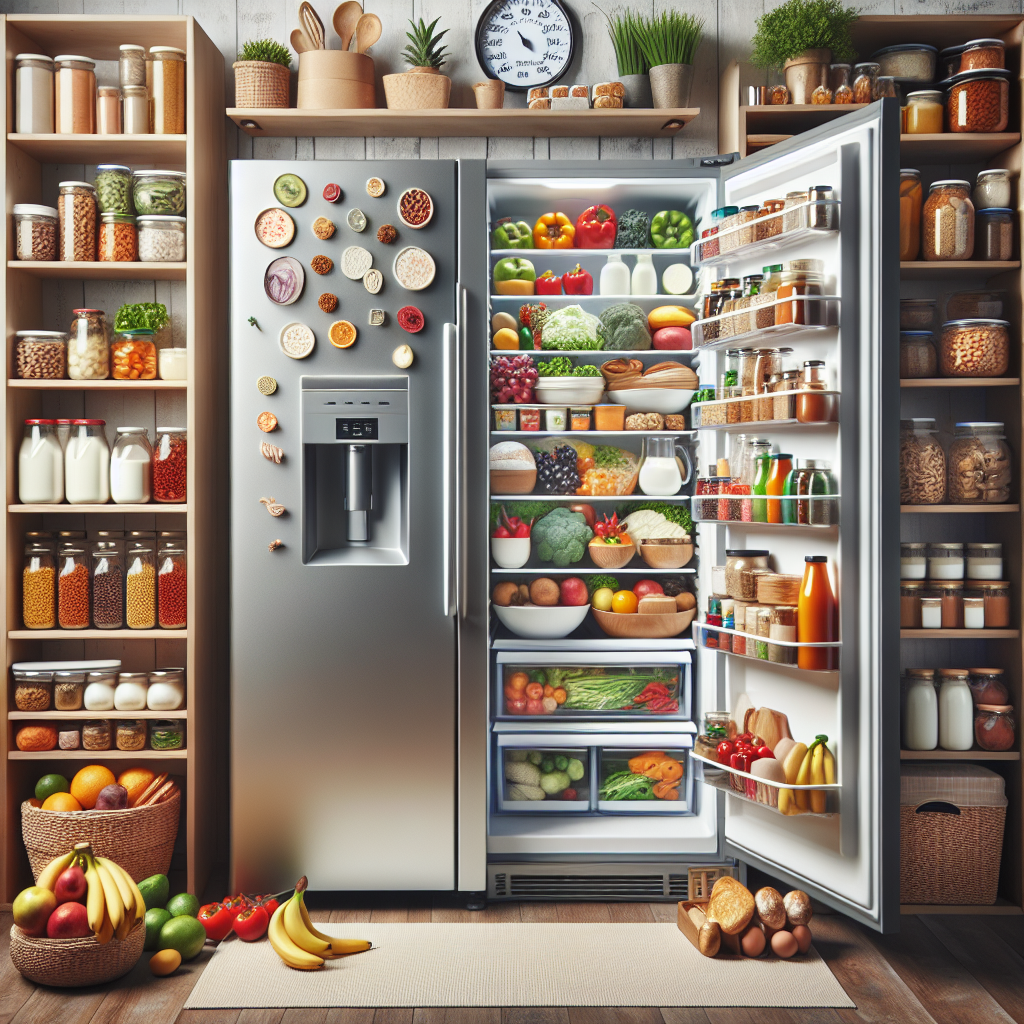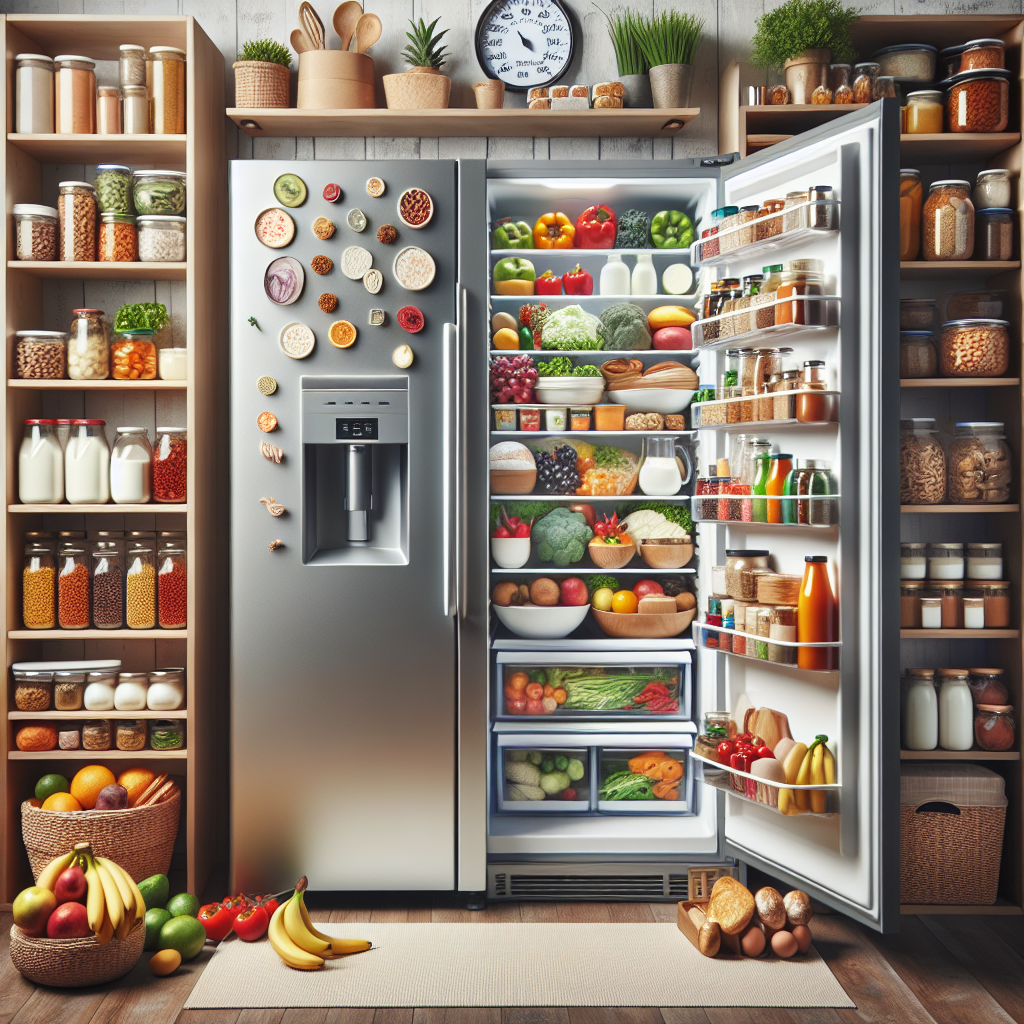Have you ever found yourself constantly throwing out expired food? We all strive to minimize food waste and save money, and one key way to achieve this is by properly storing our food. By following a few simple tips and best practices, you can extend the shelf life of your groceries and keep them fresh for longer periods of time. In this article, we will explore some effective methods for storing food that will help you reduce waste and ultimately save you both time and money.
Proper Storage Containers
Choose airtight containers
When it comes to properly storing your food, one of the most important things to consider is using airtight containers. These containers create a barrier that prevents air from entering and escaping, keeping your food fresh and reducing the risk of spoilage. Look for containers with tight-fitting lids and seals to ensure they create an airtight environment. Glass or BPA-free plastic containers are great options for this purpose, as they are durable, non-toxic, and easy to clean.
Select containers suitable for different food types
Not all containers are created equal, and certain foods have specific storage requirements. For example, choose glass containers with silicone lids for acidic foods like tomatoes or citrus fruits, as the acid can react with some types of plastic. On the other hand, for dry goods such as flour or rice, airtight plastic containers with snap-on lids work well. Make sure to choose the appropriate container for the specific food you are storing to ensure maximum freshness and prevent any potential contamination.
Temperature Control
Refrigerate perishable foods promptly
To maintain the quality and safety of perishable foods, it is crucial to refrigerate them promptly. Perishable foods include items like meat, poultry, eggs, dairy products, and cooked leftovers. Leaving these foods out at room temperature for too long can allow harmful bacteria to grow. As a general rule of thumb, refrigerate perishable foods within two hours of preparation or purchase.
Set the refrigerator temperature correctly
Setting your refrigerator at the correct temperature plays a vital role in preserving food. The ideal temperature for the refrigerator is between 35°F (1.6°C) and 38°F (3.3°C). This temperature range helps slow down bacterial growth, keeping your food fresh for a longer time. Invest in a refrigerator thermometer to ensure your fridge maintains this temperature consistently.
Freeze foods at 0°F (-18°C) or below
Freezing your food can significantly extend its shelf life, but it’s crucial to freeze foods at the proper temperature. Keep your freezer set at 0°F (-18°C) or below to ensure optimal storage conditions. At this temperature, the growth of bacteria and other microorganisms slows down significantly, preserving the quality and safety of your frozen food items.
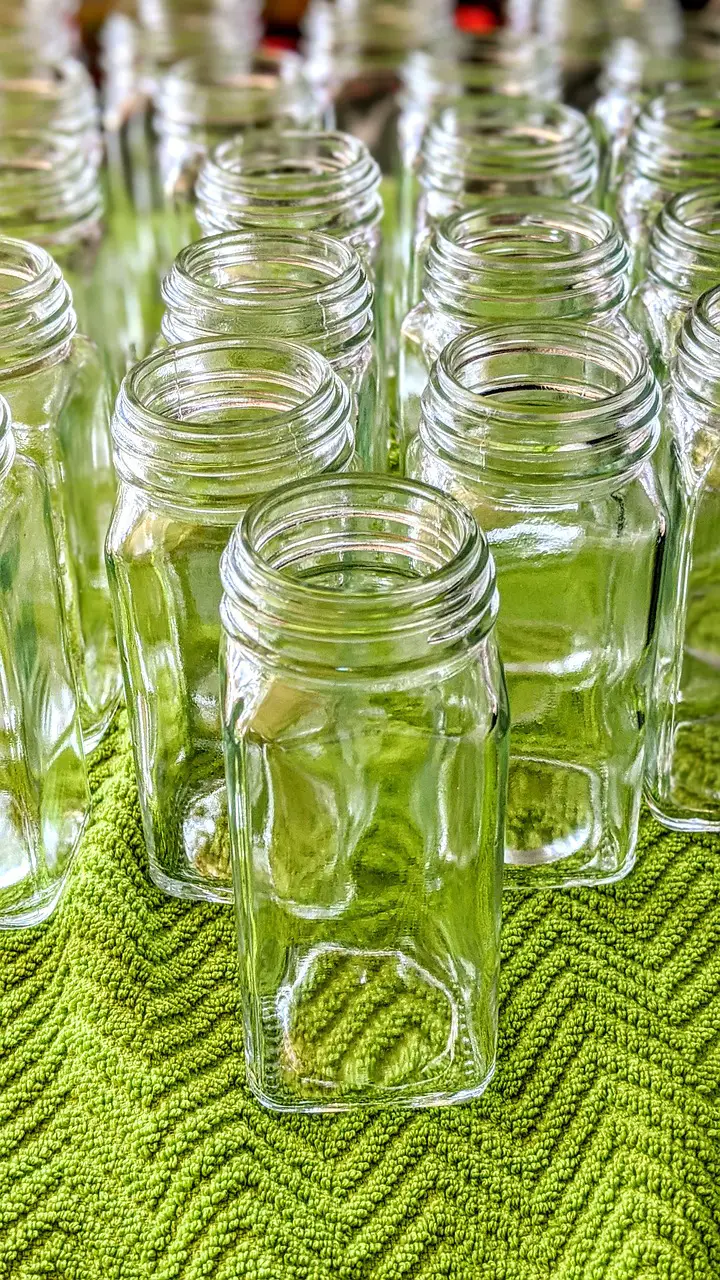
Proper Organization
Rotate food items regularly
Rotating your food items is a simple yet effective way to ensure that nothing goes to waste. When unpacking groceries or adding new items to your pantry or refrigerator, place older products towards the front and newly purchased ones towards the back. By doing this, you’ll be more likely to use older items before they expire, reducing the chances of food spoilage and unnecessary waste.
Keep similar foods together
Organizing your food storage by grouping similar items together has multiple benefits. It makes it easier to locate specific ingredients or products, saving you time and effort. Additionally, keeping similar foods together can help maintain optimal storage conditions. For example, storing fruits and vegetables together allows them to benefit from the ethylene gas produced by certain fruits, which can help ripen others.
Separate raw and cooked foods
When it comes to storing raw and cooked foods, ensuring proper separation is crucial to prevent cross-contamination. Uncooked meats, poultry, and seafood, in particular, can contain harmful bacteria that can spread to other foods if stored together. Always keep raw and cooked foods in separate containers or on different shelves to minimize the risk of foodborne illnesses.
Fruits and Vegetables
Store at optimal humidity levels
To maximize the shelf life of your fruits and vegetables, it’s essential to store them at the proper humidity levels. Some produce items prefer higher humidity, while others do better in lower humidity environments. High humidity can lead to premature spoilage, while low humidity can cause wilting. Leafy greens, herbs, and berries prefer higher humidity, while fruits like apples and citrus fruits prefer lower humidity. Adjust the humidity settings in your refrigerator’s crisper drawers to match the specific needs of your fruits and vegetables.
Keep certain fruits separate
While it is often convenient to store all fruits together, certain fruits can release ethylene gas, which speeds up the ripening process. It’s best to keep ethylene-producing fruits like apples, bananas, and tomatoes separate from ethylene-sensitive fruits like berries, avocados, and melons. Keeping these fruits separate helps prevent premature spoilage and ensures they stay fresh for longer.
Avoid washing berries until ready to eat
Berries are delicious and nutritious, but they can quickly spoil if not handled properly. Rather than washing berries before storing them, it is best to wait until you are ready to eat or use them. Washing berries introduces moisture, which can lead to mold growth and a shorter shelf life. Instead, store them in their original packaging or in a breathable container in the refrigerator and rinse them just before consuming.
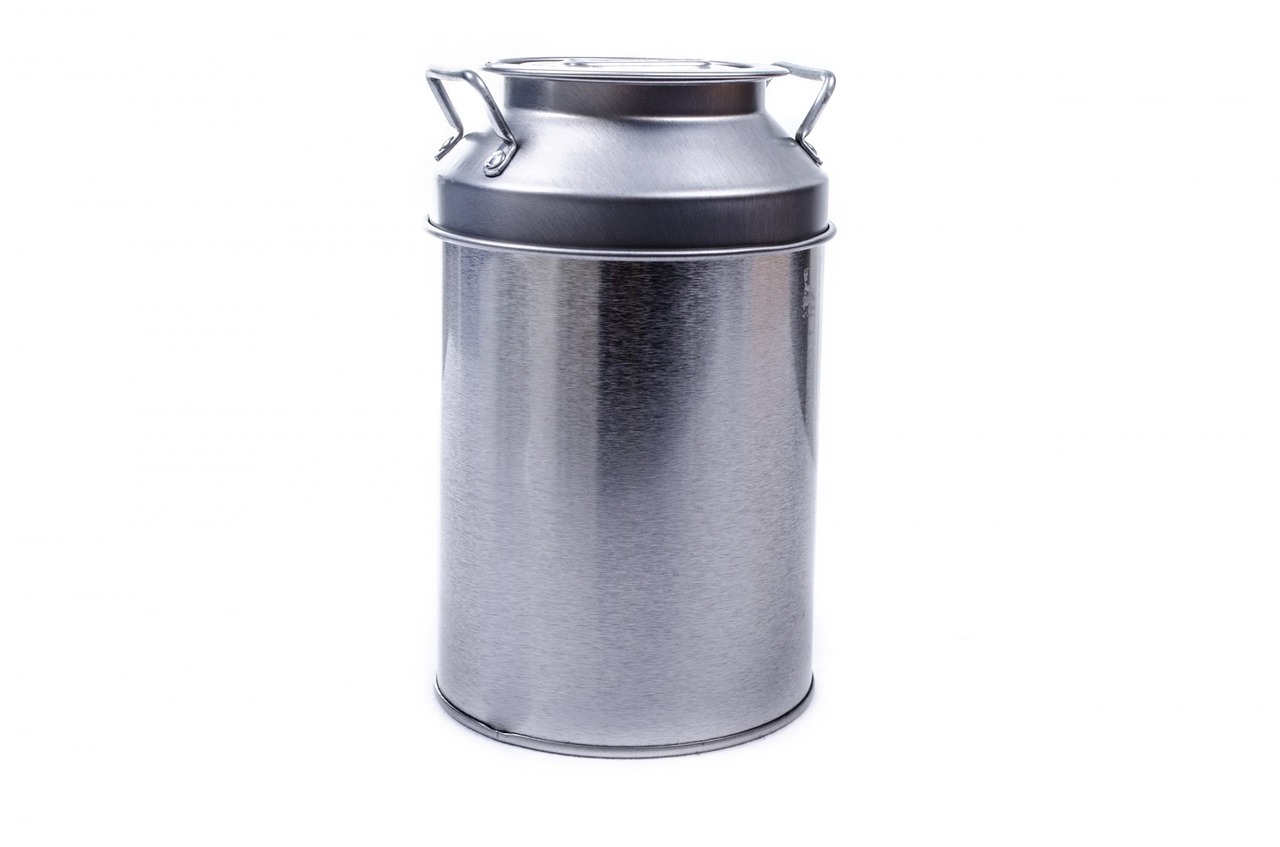
Meat, Poultry, and Seafood
Wrap securely to prevent cross-contamination
When it comes to storing meat, poultry, and seafood, preventing cross-contamination is of utmost importance. Raw meat can contain harmful bacteria like Salmonella or E.coli, which can spread to other foods if not properly stored. Wrap individual pieces of meat tightly in plastic wrap or place them in sealed plastic bags to prevent any juices from leaking onto other items in your refrigerator or freezer.
Use freezer-safe packaging for long-term storage
If you’re planning on storing meat, poultry, or seafood in the freezer for an extended period, it’s essential to use freezer-safe packaging. Freezer burn can affect the quality and taste of frozen foods, so opt for materials specifically designed for freezer storage. Vacuum-sealed bags or heavy-duty freezer bags are great options as they provide an extra layer of protection and help maintain freshness.
Label and date items for easy identification
To ensure you use items before they expire and to maintain an organized freezer or refrigerator, it’s important to label and date your stored items. Use freezer-safe labels or a permanent marker to indicate the contents and the date of storage. This way, you can easily identify items, prevent food waste, and rotate your stock effectively.
Dairy Products
Keep milk and eggs in their original packaging
When it comes to milk and eggs, it is usually best to keep them in their original packaging. The packaging is designed to protect these products and maintain their freshness. Dairy cartons and egg cartons are typically made to provide the right balance of protection and breathability. However, if you have excess milk or cracked eggs, transfer them to airtight containers to prevent odors and to ensure their freshness.
Store cheese properly to maintain quality
Cheese is a beloved and versatile ingredient, but improper storage can affect its taste and texture. To maintain the quality of your cheese, wrap it in wax paper or parchment paper, which allows it to breathe and prevents moisture buildup. Then, place it in a zip-top bag to provide an extra layer of protection against contamination. Make sure to store different types of cheese separately to avoid flavor transfer.
Avoid storing dairy products on the refrigerator door
While it may be tempting to store frequently used items, such as dairy products, on the refrigerator door for convenience, it is not the best practice. The refrigerator door is prone to temperature fluctuations, which can shorten the shelf life of dairy products. Instead, store dairy items on the main shelves, where the temperature remains more stable, ensuring their freshness and safety.
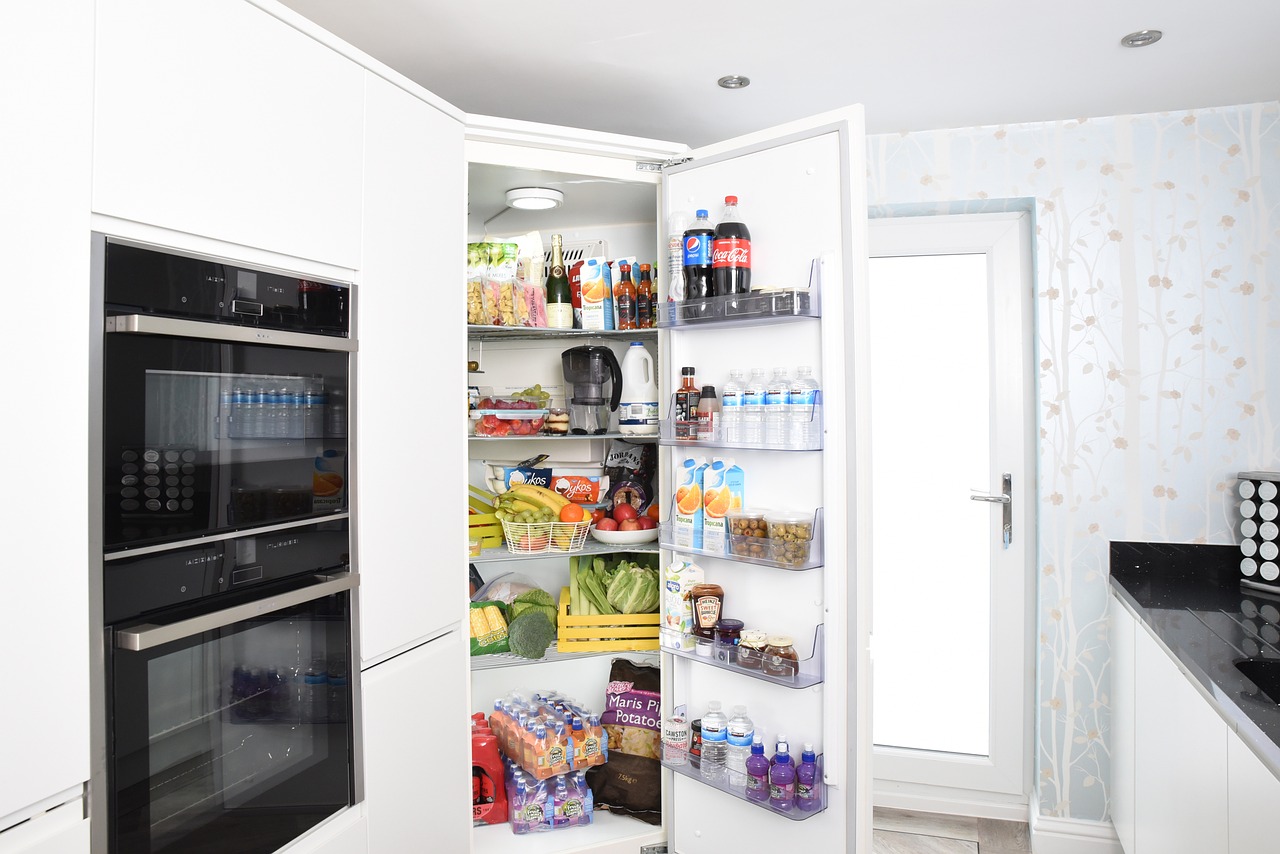
Baked Goods
Wrap bread to prevent staleness
To keep your bread fresh for longer, it’s crucial to store it properly. After purchasing or baking bread, ensure it has cooled completely before wrapping it tightly in plastic wrap or placing it in a resealable plastic bag. This wrapping creates a barrier that helps retain moisture and prevent staleness. Additionally, storing bread at room temperature or freezing it can also extend its shelf life.
Store cookies and cakes in airtight containers
If you have leftover cookies or a cake that you want to keep fresh for as long as possible, use airtight containers for storage. Airtight containers prevent moisture loss and help maintain the texture and flavor of baked goods. If you’re storing different types of cookies, consider placing a piece of parchment paper between the layers to prevent them from sticking together.
Freeze leftover baked goods for extended shelf life
If you find yourself with an abundance of baked goods that you won’t be able to consume within a few days, freezing is an excellent option to extend their shelf life. Wrap individual portions or whole items tightly in plastic wrap or aluminum foil before placing them in a freezer-safe container or bag. Properly frozen baked goods can last for several months without significant loss in quality.
Canned and Packaged Foods
Store in a cool and dry place
Canned and packaged foods are pantry staples, but they still require proper storage to maintain their quality and safety. To prevent spoilage and maintain optimal flavor, store these items in a cool and dry place, away from direct sunlight and heat sources. Excessive heat can cause a breakdown in the packaging and compromise the food inside.
Check for signs of spoilage before consuming
Before using canned or packaged foods, it’s important to inspect them for signs of spoilage. Look for any bulging or dented cans, broken seals, or unusual smells. If you notice any of these signs, it is best to discard the product, as it may be spoiled or contaminated.
Use the oldest products first (first in, first out)
To ensure you use all your canned and packaged goods before their expiration dates, practice the first-in, first-out (FIFO) method. Arrange your items in a way that the oldest products are in front and easily accessible. This way, you’ll naturally reach for the items that need to be consumed first, minimizing the likelihood of food waste.
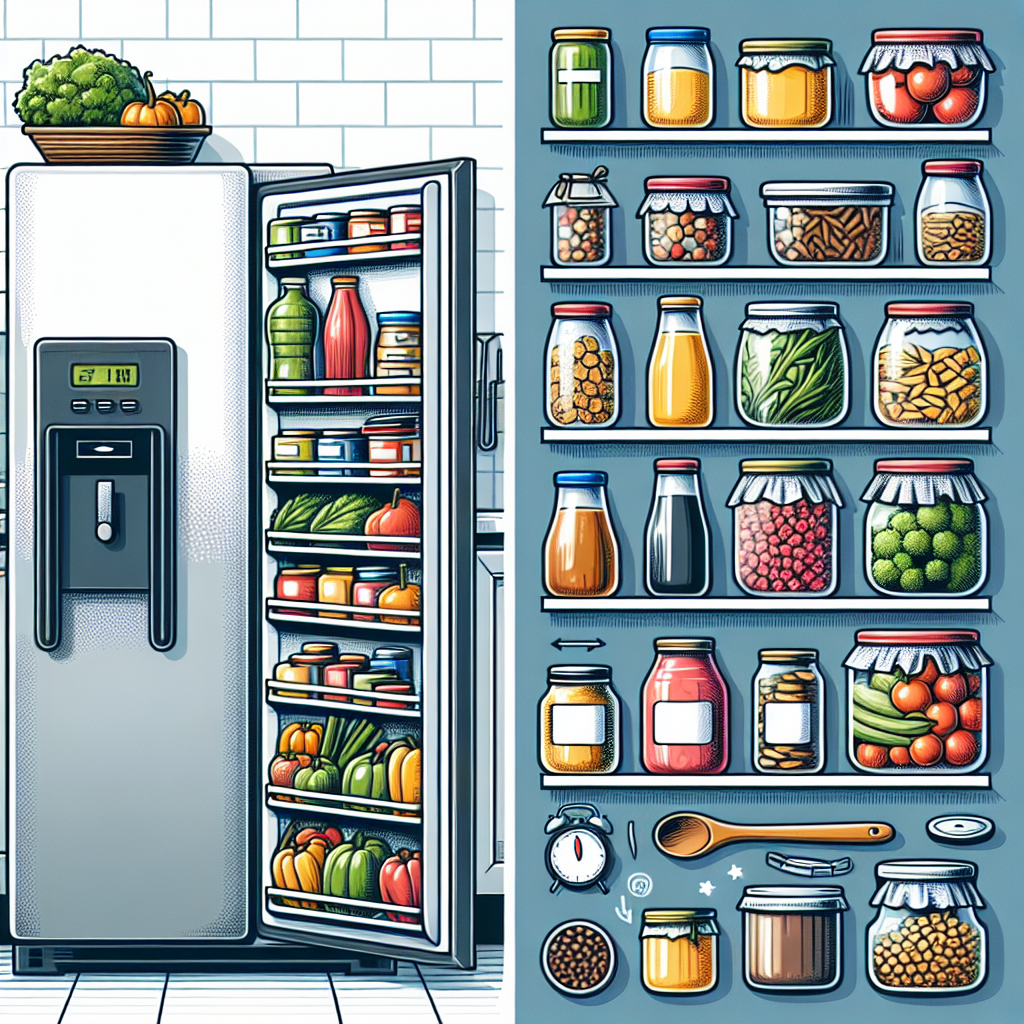
Herbs and Spices
Store in airtight containers away from heat and sunlight
To preserve the flavor and potency of your herbs and spices, it’s crucial to store them properly. The essential factors to consider are keeping them in airtight containers and away from heat and sunlight. Light and heat can cause herbs and spices to lose their flavor more quickly. Opt for opaque, airtight containers or store them in a drawer or cupboard away from the stove or any appliances that generate heat.
Avoid storing herbs and spices near strong-smelling foods
Herbs and spices are highly aromatic, which means they can easily absorb odors from their surroundings. To prevent flavor contamination and ensure the integrity of your herbs and spices, avoid storing them near strong-smelling foods like onions or garlic. Instead, keep them in a separate area or consider using a spice rack or drawer organizer to keep everything organized and easily accessible.
Grind whole spices when needed for maximum flavor
For the best flavor and aroma, it’s recommended to grind whole spices when needed rather than purchasing pre-ground spices. Whole spices have a longer shelf life and retain their volatile oils, which are responsible for the vibrant flavors. Invest in a spice grinder or mortar and pestle to grind your spices fresh, enhancing the taste of your dishes.
Leftovers
Cool down leftovers before storing
When it comes to storing leftovers, it’s important to cool them down before placing them in the refrigerator or freezer. Leaving hot food out for too long can cause it to enter the danger zone, where bacteria can multiply rapidly. To cool down leftovers quickly, divide them into smaller portions and place them in shallow containers. Then, either place the containers in an ice bath or refrigerate them uncovered until cooled.
Separate into smaller portions for faster cooling
Dividing your leftovers into smaller portions serves a dual purpose. Not only does it allow for faster cooling, but it also makes reheating individual servings more convenient. Smaller portions heat up more evenly and quickly, ensuring that leftovers are heated to a safe temperature without sacrificing quality.
Reheat leftovers properly for safe consumption
When reheating leftovers, it’s important to do so safely to avoid the risk of foodborne illnesses. Make sure leftovers reach an internal temperature of 165°F (74°C) to destroy any bacteria or pathogens that may have grown during storage. Use a food thermometer to check the temperature, especially for larger portions or thick leftovers. Stirring or flipping the food during reheating can help ensure even heat distribution.
By following these best practices for storing food, you can maximize the shelf life of your groceries, reduce food waste, and maintain the quality and safety of your meals. Whether it’s choosing the right containers, storing at the proper temperature, or organizing your pantry effectively, taking the time to implement these tips will make a significant difference in preserving your food for longer periods. So, get started today and give your food the love and care it deserves!
